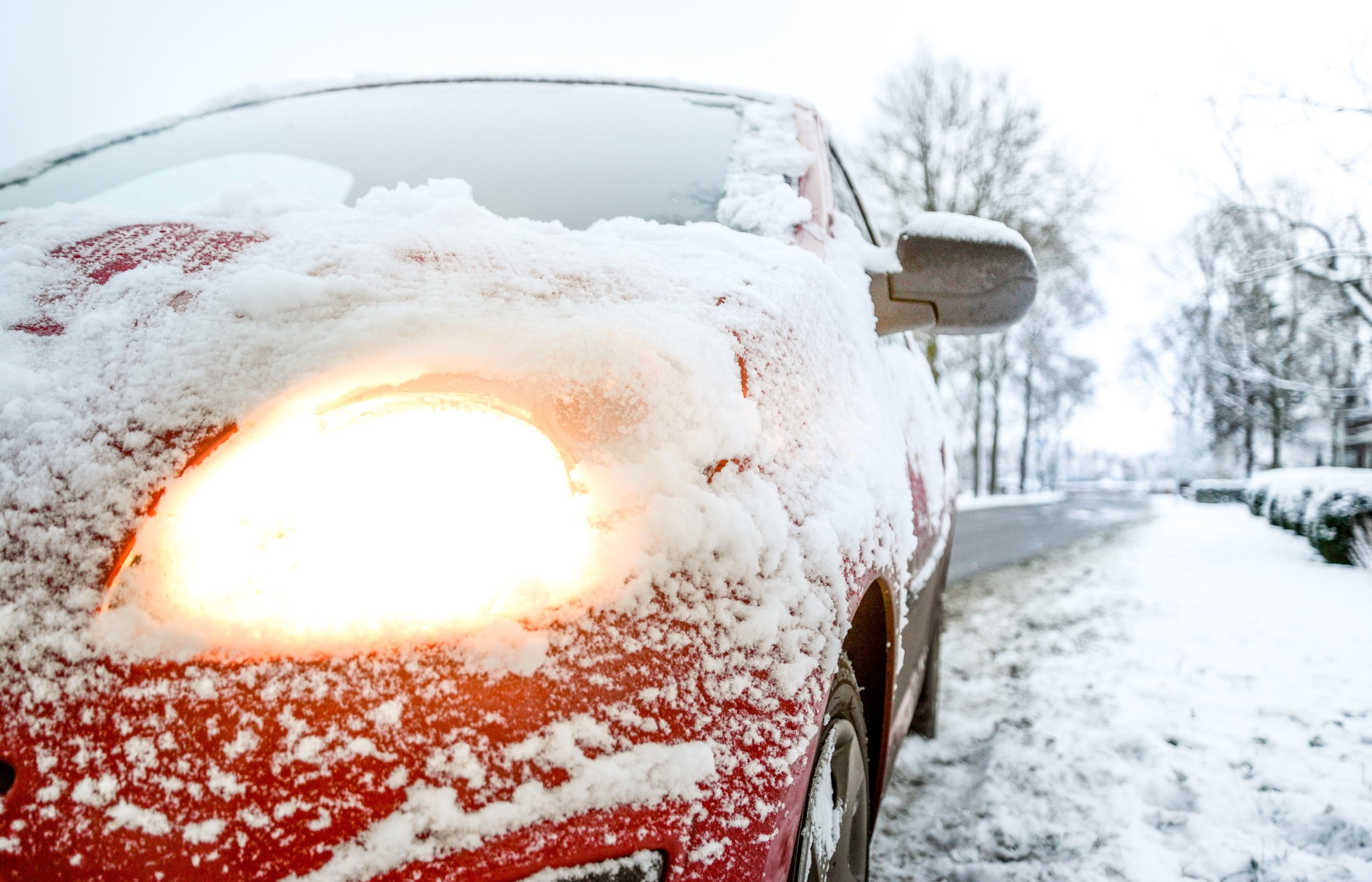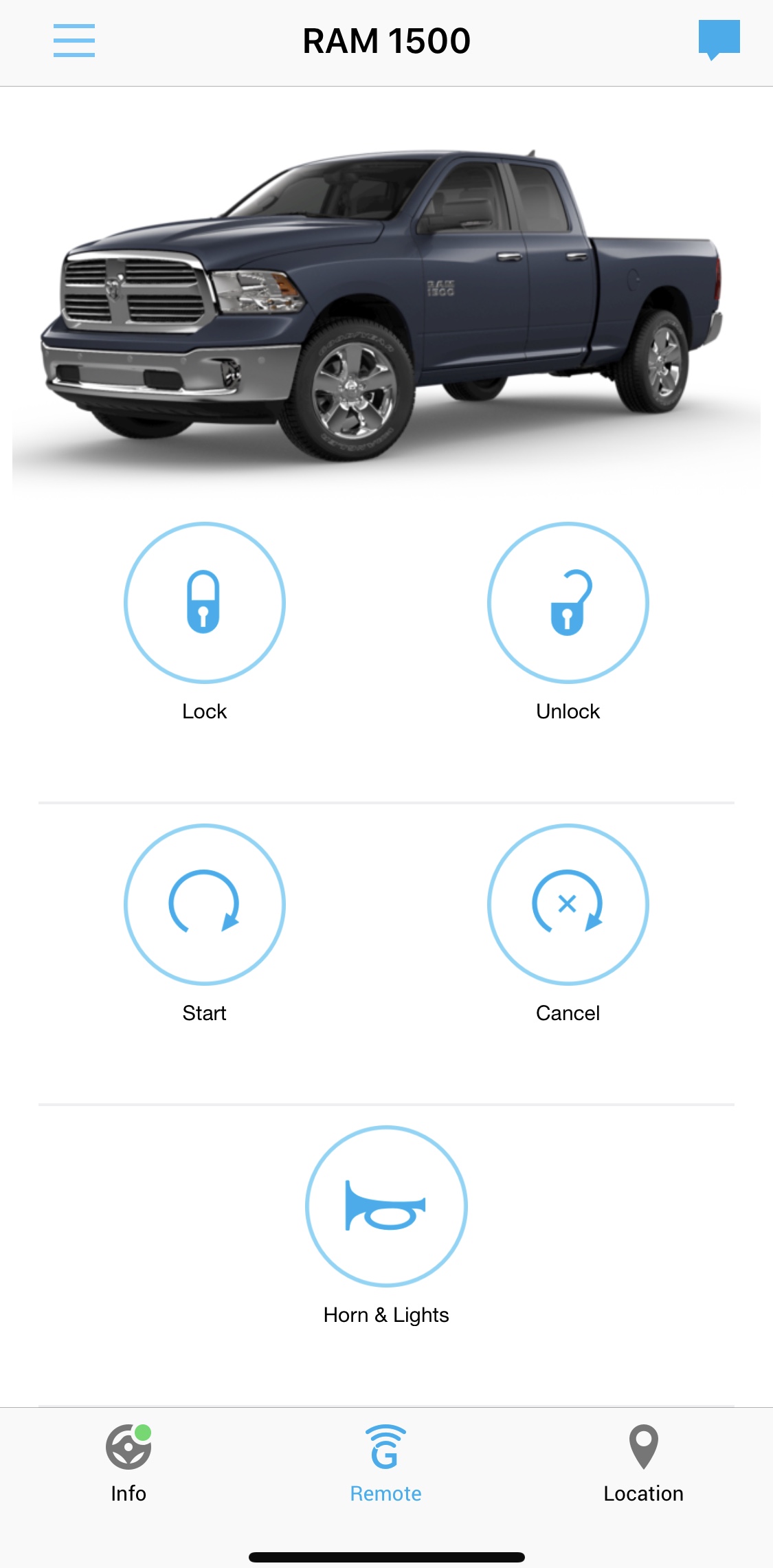March is brain injury awareness month! It’s time to #ChangeYourMind and spread awareness on brain injuries!
#ChangeYourMind is a public awareness campaign presented by The Brain Injury Association of America (BIAA), an organization which, “provides a platform for educating the general public about the incidence of brain injury and the needs of people with brain injuries and their families.”
The Brain Injury Association of Michigan (BIAMI) defines a brain injury, such as a traumatic brain injury (TBI) as, “a disruption in the normal function of the brain that can be caused by a bump, blow, or jolt to the head, rotational force, sudden acceleration and deceleration, shock from an explosive blast, or a penetrating head injury.”
A traumatic brain injury is a very serious injury that affects many people. The human brain is the most complex and remarkable organ in the human body and is responsible for all of an individual's actions and drives their senses. A brain injury can affect who an individual is, the way they think, act, and feel. In Michigan alone, 58,500 people will sustain a traumatic brain injury each year, according to BIAMI. In the United States, 153 people die from injuries that include an injury to the brain every day, according to The Center for Disease Control and Prevention (CDC). Brain injuries can be very mild and even go undiagnosed, which can lead to permanent damage or possibly even death.
Most people aren’t aware of brain injuries and their common causes. BIAMI mentions that some of the most common causes of TBIs are:
Common Causes of Traumatic Brain Injuries
Falls
Athletic and recreational activity
Assaults, including domestic abuse and shaken baby syndrome
Motor vehicle and bicycle accidents
Military blast injuries
It’s very well known that car accidents may lead to TBIs, but most people don’t consider bicycle accident TBIs. Bicycle accidents are very common and just as life-threatening as motor vehicle accidents. According to CDC, “in 2010 in the U.S., 800 bicyclists were killed and an estimated 515,000 sustained bicycle-related injuries that required emergency department care.” 26,000 of these bicycle-related injuries resulted in TBIs. The CDC urges bicyclists that practicing helmet safety can play a major role in preventing bicycle related injuries, saying, “any bicyclist who does not wear a bicycle helmet is at increased risk of head injury...a bike helmet can help protect your child or teen from a serious brain or head injury.”
While our hearts can be replaced, there is no such thing as a brain transplant, yet. Coping with and trying to heal from a traumatic brain injury can be one of the most grueling challenges an individual can go through. Since March is brain injury awareness month, people should discuss the seriousness of brain injuries so that everyone can be educated on TBIs and how to prevent them and treat them.
Brain injuries are very common and can be caused in many ways including motor vehicle accidents, falls, and even bicycle accidents. As BIAMI members, the attorneys at The Michigan Law Firm, PC are armed with up-to-date traumatic brain injury knowledge so they can better help car accident TBI victims. If you or someone you know has suffered a TBI due to a car accident, call 844.4MI.FIRM for a free legal consultation.




























